The Science of Human Neurogenesis and Brain Development
Introduction
Human neurogenesis and brain development constitute a multifaceted process that involves the generation of new neurons and the intricate integration of these cells into functional circuits. This process commences during the embryonic phase and persists throughout the lifespan, with a significant portion of neurogenesis taking place during prenatal development. The science of human neurogenesis and brain development is an expanding field that integrates various disciplines, including neuroscience, developmental biology, and psychology read more.
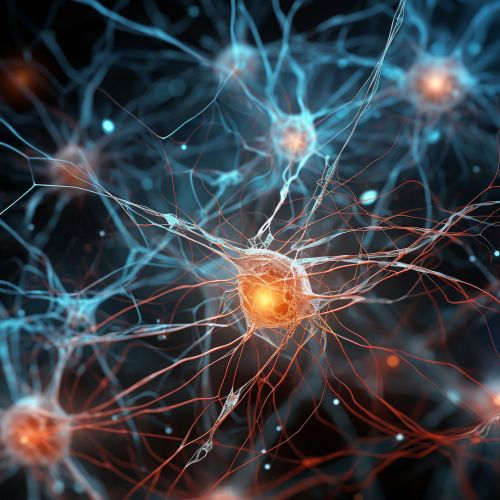
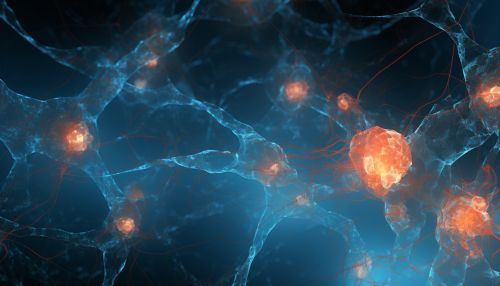
Neurogenesis
Neurogenesis refers to the process by which neurons are produced from neural stem cells and progenitor cells. This process is most active during prenatal development and is responsible for populating the developing brain with neurons. Neurogenesis is a tightly regulated process, involving a multitude of genetic factors and signaling pathways read more.
Stages of Neurogenesis
Neurogenesis can be segmented into three primary stages: proliferation, migration, and differentiation.
Proliferation
Proliferation, the initial stage of neurogenesis, involves the division and multiplication of neural stem cells. This process is regulated by a variety of factors, including growth factors and signaling molecules. Proliferation ensures the availability of a sufficient number of progenitor cells to form the various types of neurons and glial cells found in the brain read more.
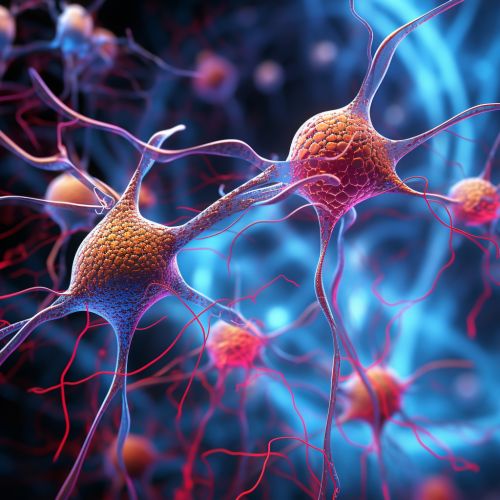
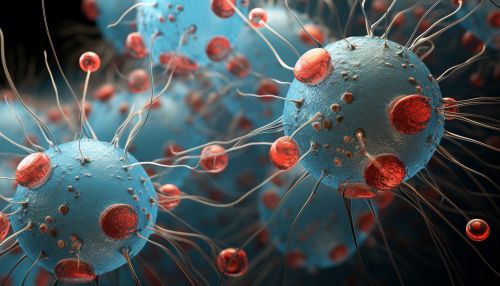
Migration
Following proliferation, the newly formed neurons undergo migration. During this stage, neurons move from their birthplace to their final location in the brain. This migration is guided by various molecular cues and is critical for the proper formation of brain structures.
Differentiation
Once the neurons have reached their final location, they commence the process of differentiation. This involves the formation of axons and dendrites, the growth of synaptic connections, and the establishment of neuronal polarity. Differentiation is a critical stage in neurogenesis, as it determines the functional properties of the neuron read more.
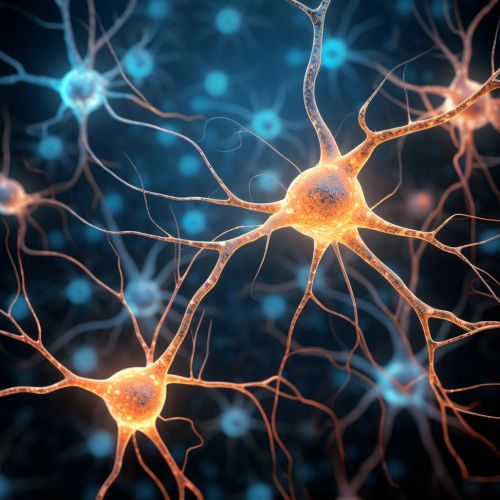
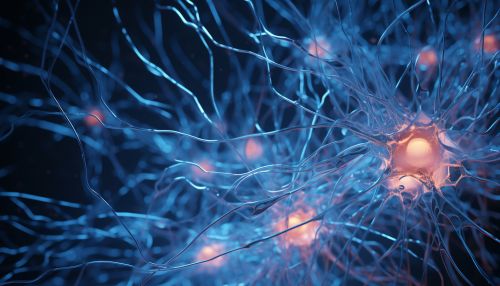
Brain Development
Brain development, or neurodevelopment, is a complex process that involves the formation and maturation of the brain. This process begins in the womb and continues into early adulthood. During this time, the brain undergoes significant changes, including the formation of new neurons, the establishment of neural connections, and the pruning of unnecessary synapses read more.
Prenatal Brain Development
Prenatal brain development commences with the formation of the neural tube, a structure that eventually gives rise to the brain and spinal cord. This is followed by the proliferation and migration of neurons, the formation of brain structures, and the establishment of initial synaptic connections.
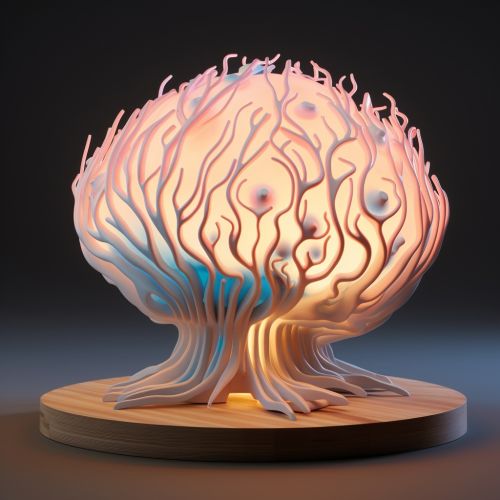
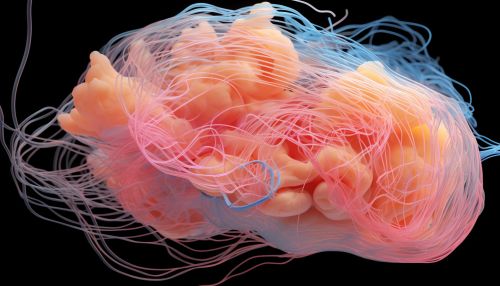
Postnatal Brain Development
Postnatal brain development involves the maturation and refinement of the structures and connections formed during the prenatal period. This includes the growth and pruning of synapses, the myelination of axons, and the continued addition of new neurons in certain regions of the brain.
Adult Neurogenesis
While the majority of neurogenesis occurs during development, new neurons continue to be generated in certain regions of the adult brain. This process, known as adult neurogenesis, is believed to contribute to learning, memory, and mood regulation read more.
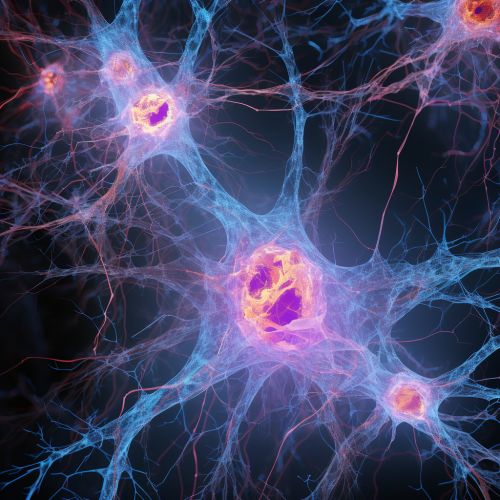
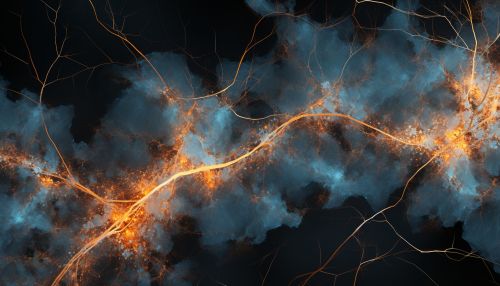
Conclusion
The science of human neurogenesis and brain development is a captivating and intricate field. Understanding these processes is crucial for gaining insights into the workings of the human brain, as well as for developing treatments for neurological disorders.
